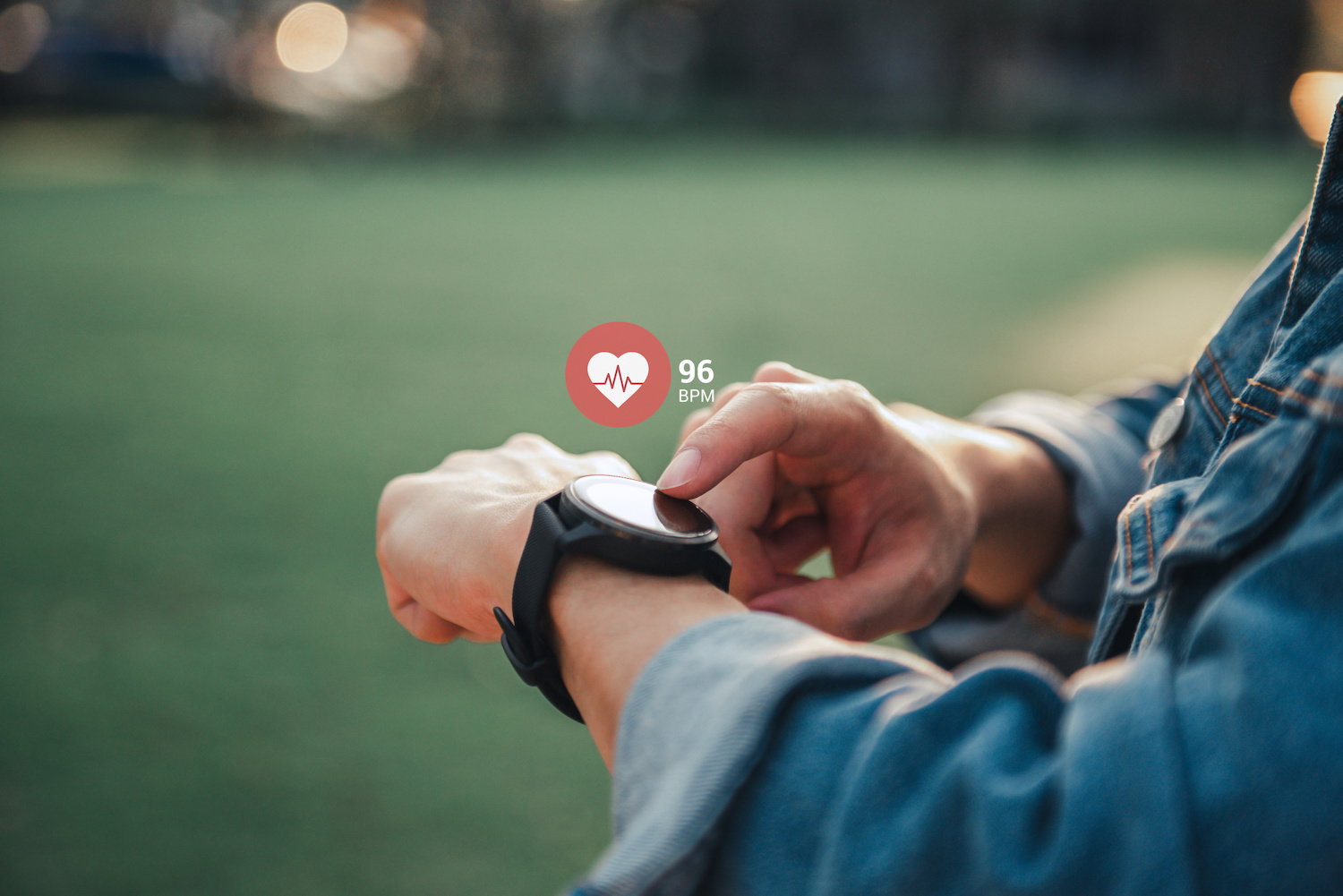By Tom Rhoads, Spencer Health Solutions

Everyday use of mobile health technology is exploding.
Wireless tools like FitBits and smartphone apps enable people to monitor their health, from how many steps they take in a day to their heart rate to how much they sleep.
This kind of data is a gold mine for companies developing new drugs and therapies.
The implications for mobile health (also known as mHealth) technology use in the scientific community is clear. Incorporating these tools into clinical trials can vastly improve the quality and quantity of data used to monitor patients’ responses to investigational drug products and experimental therapies.
Apps, Wearables, and Innovation
With smartphone apps, all a person may need is their own mobile phone to take part in a study. And when it is that accessible, more people are likely to participate, broadening the study pool. Another advantage of using a smartphone is that with this ubiquitous tool, people can participate in trials from anywhere. Virtual trials, or siteless trials, become more viable options for trial design¹.
Wearable monitoring devices are relatively unobtrusive and usually do not inhibit a person’s movement, so they can be used during normal physical activity.
The Fitbit is the most familiar and the most-used wearable activity tracker in clinical trials. According to a recent article in Clinical Leader, the five trackers most often used in research projects are Fitbit, Garmin, Misfit, Apple, and Polar.
More trackers are coming on the market all the time, with sophisticated applications. ActiGraph’s CentrePoint Insight watch, for example, which contains Bluetooth-enabled monitors, captures data about patients’ activity and sleep, feeds it to a smartphone app, and sends it to the cloud-based CentrePoint technology system. Researchers then have access to this data during a clinical trial or research study. In March 2019, the FDA approved the Omron’ Blood Pressure Monitor + EKG device for home monitoring use—another wearable that uses Bluetooth technology to collect and store data for patients and their providers.
Alan Menius, Chief Scientific Officer at Spencer Health Solutions, notes that connecting mobile health tools to a system that feeds data to the clinical trial team can help researchers identify adverse events sooner, improve overall participant outcomes and reduce costs. The spencer Smart Hub, which dispenses medication, also integrates with Bluetooth monitoring devices, records and transmits patient data and incorporates a telehealth function, combining the benefits of several devices in one.
“With spencer [in patients’ homes], researchers can get daily recordings of their patients’ Bluetooth-connected devices, know their medication regimens, know that they are taking their meds, and then engage them with ePRO (electronic patient-reported outcomes) on a daily basis,” Menius said. “This keeps patients from having to come to the clinic as often, which reduces the costs of the trial.”
Clinical Trials are Using Mobile Health Tech Now
A survey of 261 researchers in North America, Europe and Asia published in 2017 revealed that more than 35 percent of companies were using mobile health technologies in their clinical trials, and 94 percent planned to increase use in the future.
Cardiac monitoring has been one area, for example, that has seen the successful use of mobile health technology.
The mSToPS randomized clinical trial used a home-based wearable continuous electrocardiogram (ECG) monitoring patch for the detection of undiagnosed atrial fibrillation in people who were at increased risk of stroke. Patients with atrial fibrillation are five times more likely to have a stroke, so detection is key to identifying those who might need to take preventive measures.
Patients applied the patch at home. The patch recorded the cardiac activity of 2659 individuals, and then the patch was sent back to the trial team for data analysis. The team found that a significantly higher rate of atrial fibrillation was recorded among those using the patch — 3.9 percent vs 0.9 percent in the control group.
The Apple Heart Study, the rationale, and design of which was published in the American Heart Journal will also focus on atrial fibrillation detection but will assess the use of the Apple Watch’s app versus the ECG patch.
Some barriers still exist in applying mobile health technology in clinical trials. Concerns around data privacy and security and data validity are some. Older, non-technically oriented patients and clinicians may resist using them. Patients may experience increased burden as they become responsible for some of the setup and communication elements when participating from home. And trial researchers may also feel the additional burden of necessary training and administration.
Regulatory barriers are also a concern, but in the United States, the Food and Drug Administration has pledged to help ease the path toward efficient and cost-effective medical product innovation, including facilitating the development and use of mobile health technologies.
Support from the FDA
FDA Commissioner Scott Gottlieb’s recent statement on new strategies to modernize clinical trials highlighted the agency’s participation in the Clinical Trial Transformation Initiative, whose mission is “to develop and drive adoption of practices that will increase the quality and efficiency of clinical trials.” In February 2019, CTTI released recommendations and resources for incorporating mobile technologies into both traditional and decentralized clinical trials.
With the weight of the FDA behind efforts to streamline trials using digital devices, the use of mobile health technologies in clinical trials is becoming more commonplace.
Integrative technologies like the spencer Smart Hub are at the forefront of the trend to improve trials through patient-centric digital methods.
